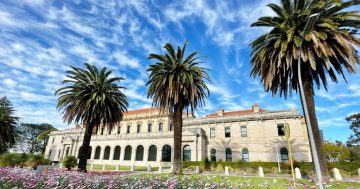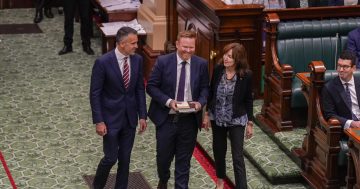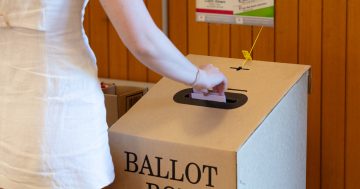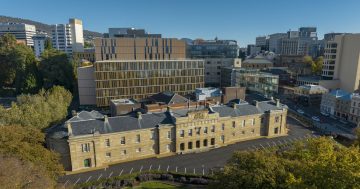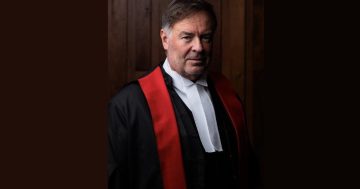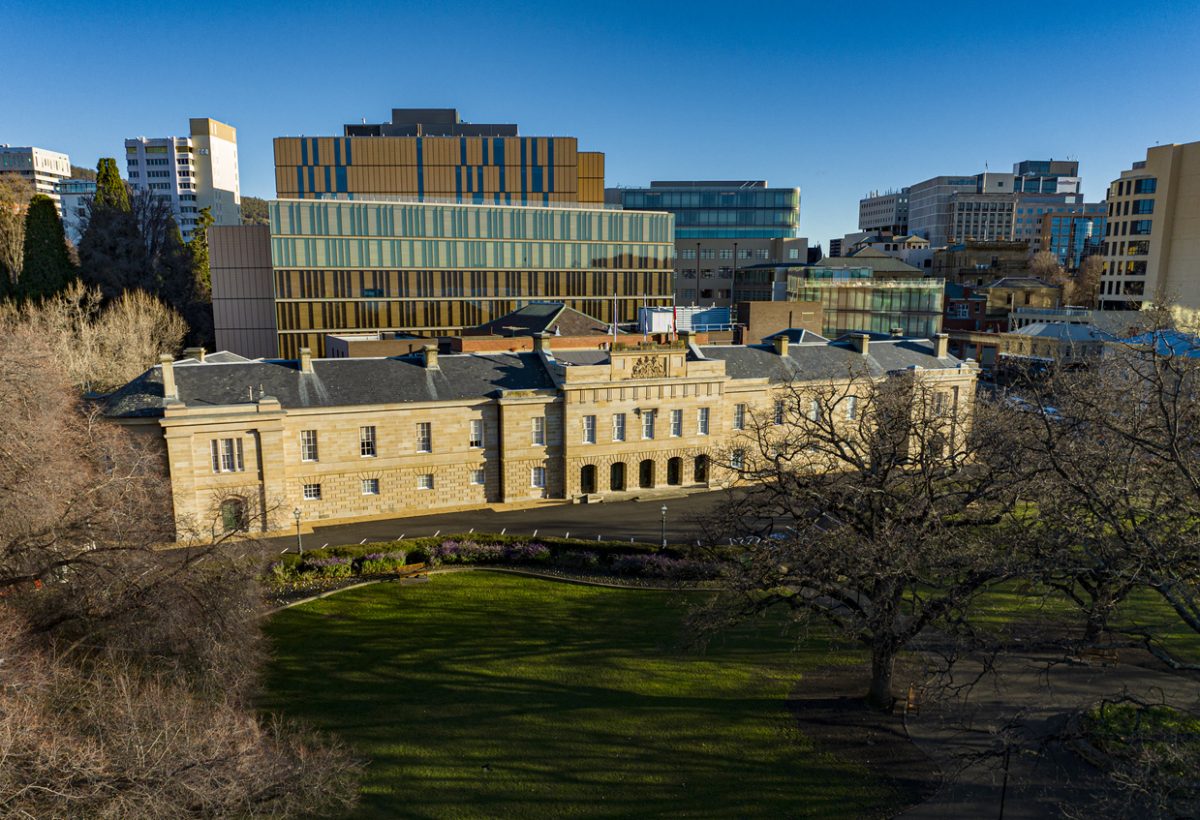
“Poor oversight of political donations creates an environment in which undue influence can flourish. Tasmanians deserve better,” said Australia Institute Tasmania director Eloise Carr. Photo: A Bird.
Tasmania’s major parties have worked together in passing new laws for the disclosure of political donations and reporting of electoral expenditure, but the state continues to have the nation’s worst transparency requirements. While the state’s Liberal Government has applauded the successful bills, Labor has met criticism from the Greens over its failure to deliver on reforms to which it previously committed.
The Electoral Disclosure and Funding Bill, along with the Electoral Matters (Miscellaneous Amendments) Bill, were introduced into the Tasmanian Parliament last year, but the efforts to reform said requirements go back half a decade. They include the provision of public funding at an appropriate level for both administrative and ”per vote” funding for candidates intent on the House of Assembly.
In a University of Tasmania study on campaign finance reform, it was revealed that since 2009 the source of less than 20 per cent of more than $25 million donated to the state’s political parties had been disclosed. Published before the law changes, the study was particularly concerned about third-party actors and made policy recommendations to address them.
“Political activity is increasingly undertaken by groups and individuals who are not affiliated with traditional political parties. Third party actors should be subject to the same disclosure requirements as parties and candidates,” the study said.
“Introducing state-based disclosure requirements for third party actors will ensure consistency across different political actors, as well as prevent candidates and parties with disclosure obligations shifting funds into the currently unregulated third party sector.”
Attorney-General and Minister for Justice Guy Barnett said the new bills brought Tasmania in line with other jurisdictions, which have state-based requirements for the disclosure of political donations and electoral expenditure by candidates, registered parties, associated entities and third-party campaigners.
“The bill was the subject of an extensive public and stakeholder consultation process and the feedback received informed the version of the bill that was presented to Parliament,” Mr Barnett said.
“It is now the task of the Tasmanian Electoral Commission (TEC) and other relevant entities to prepare for the implementation of these major reforms, including the systems and process to support the new funding and disclosure regime.”
Shadow Attorney-General Ella Haddad said that while these reforms didn’t go far enough, the Labor Party’s decision to support the bill meant Tasmania would finally have some form of transparency around political donations.
“The Premier now needs to show he is truly serious about reform and ensure the bill comes into force as soon as possible, including providing the TEC the support they need to implement the bill,” she said.
“Labor remains committed to further reform and will introduce a private members’ bill as soon as possible to strengthen the legislation, and we will take that policy to the next election.
“This will include the amendments we had previously foreshadowed, including lowering the donation threshold to $1000, real-time reporting of donations to parties and MPs, as well as spending caps for lower house elections.”
Tasmanian Greens MP Dr Rosalie Woodruff said it was “a bad day for democracy” following the bill’s passing, which the party saw as “an enormous backflip by the Labor Party and its stated commitment to making changes”.
“The Labor Party was going in front of the media spinning that the only reason it was not voting for all the amendments, not proposing all the amendments it had promised Tasmanians and other members in this place, was because it wanted to hasten it through the house,” Dr Woodruff said in Parliament.
Some of the state’s leading civil society organisations made a list of reform demands that were sent in an open letter to the state’s parliamentarians, which the Australia Institute said had been largely ignored. While the public policy think tank was glad an amendment passed that required a review of the legislation to be done after two House of Assembly elections, it said it failed to include:
- Requiring truth in political advertising
- Significantly lowering the proposed donation threshold from $5000 and guaranteeing real-time disclosure of political donations
- Fixing the proposed public funding model for campaigns so that it does not favour incumbent MPs over new entrants
- Broadening the definition of “gift” to capture all payments that might influence politicians
- Requiring third-party campaigners to disclose relevant donations regardless of when they were made during the electoral cycle
- Parliament inquiring into a ban on donations from developers and the fossil fuel, tobacco and gambling industries.
The Australia Insitute’s Tasmania branch director Eloise Carr said the state’s major parties had teamed up to get more public funding for election campaigns without adequate requirements for transparency about the donations they received.
“Tasmania’s donations disclosure requirements will be the worst in the country,” she said. ”Third-party campaigners will be virtually unregulated by these laws.
“With an election looming, these bills remain woefully inadequate. The major parties should seriously reconsider their approach and deliver much-needed reforms before Tasmanians head to the polls.”


